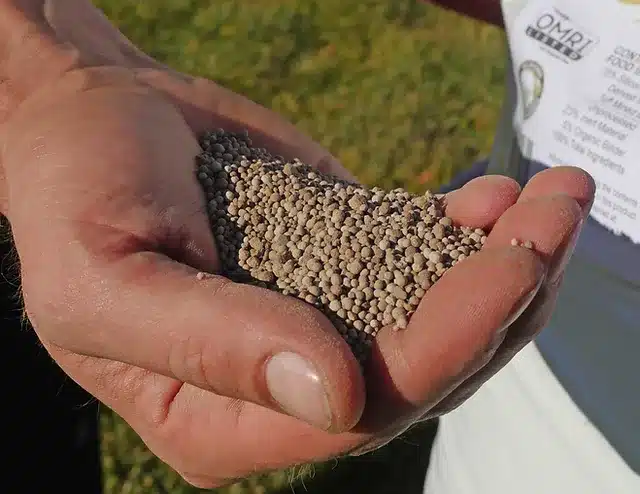Plant Science
Plant Science News delivers the latest insights and innovations from the world of plant biology, genetics, and sustainable agriculture.
Our coverage spans breakthroughs in crop resilience, soil health, and biotechnology, spotlighting the research and technology reshaping the future of plant science.
Explore how scientists and agronomists are advancing sustainable food production, enhancing biodiversity, and addressing global agricultural challenges. From gene editing to precision agriculture, stay informed on the developments that are driving sustainability and innovation in the field.










